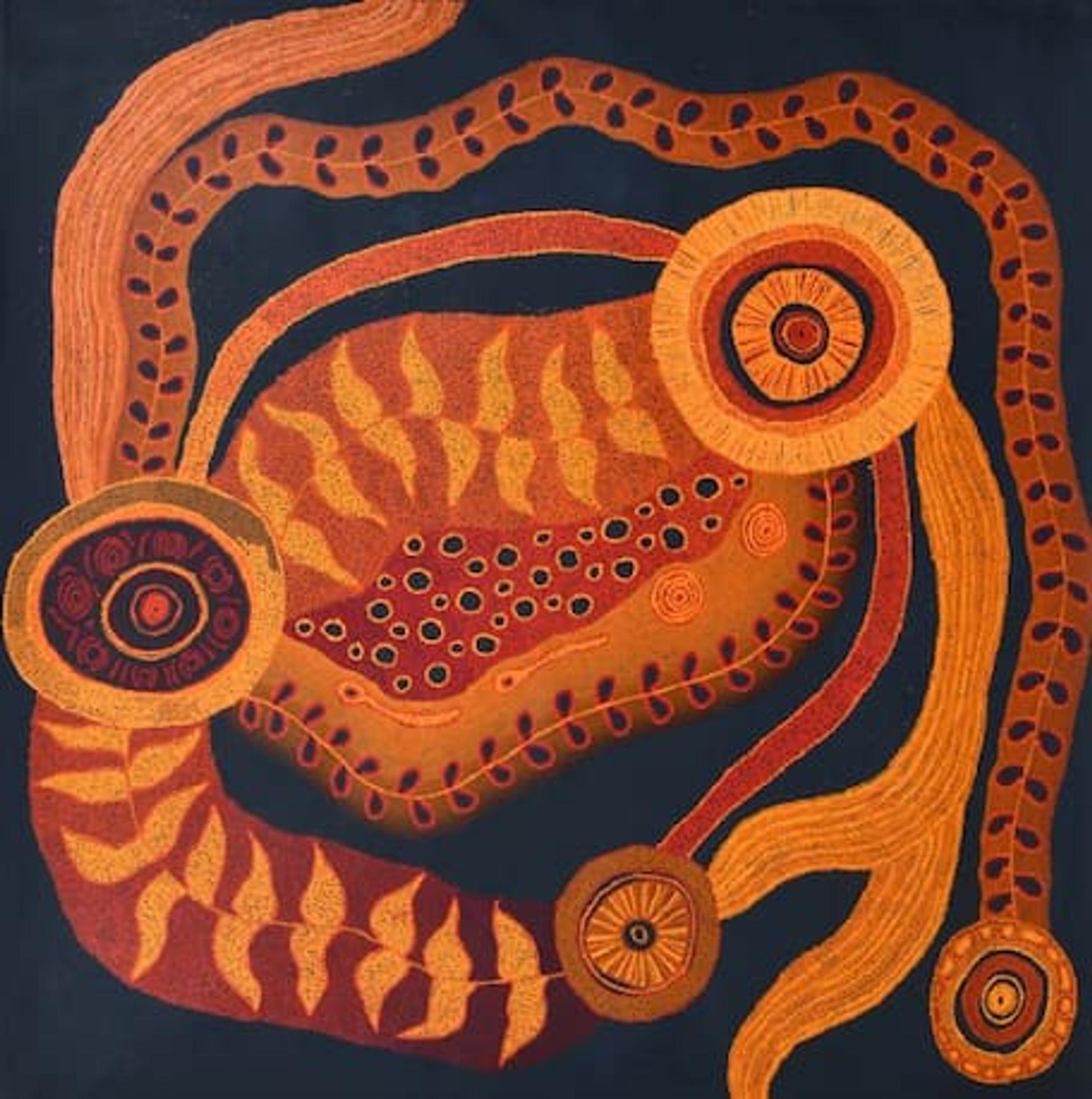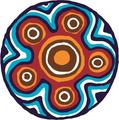Year 7 Term 3 Overview

Dear Year 7 Families,
We would like to extend a warm welcome back for Term 3 and hope that you all had a safe and relaxing holiday. The first semester was a massive success on many levels; a trend we are all looking forward to continuing in Term 3.
The following is a brief overview of what the Year 7 students will be covering throughout Term 3:
Maths: Within Term 3 students will be revisiting and consolidating a plethora of familiar concepts whilst further expanding their knowledge through contextualised problems. Beginning Term 3 students will compare, order and operate with fractions with an emphasis on visualising fractions and where they belong on a numberline. Students will focus on multiplying and dividing fractions whilst making connections to multiplying fractions to determine the probabilities of multi stepped events through tree diagrams. Following this unit students will move into interpreting, analysing and representing data. Students will construct and compare a range of data displays including stem-and-leaf plots and dot plots to calculate the mean, median and mode. Later in the Term students will expand and make connections to prior knowledge by operating with decimals and algebraic laws to calculate the volume of rectangular prisms. To end the Term students will develop their knowledge on square roots, numbers and products. This will entail students investigating index notation and the square root of perfect square numbers.
English: Beginning Term 3 students will be exploring a variety of short stories relating to the Indigenous Australian Dreamtime. Students will compare the ways that language and images are used to create character, and to influence emotions and opinions. During this unit students will also analyse the text for a deeper meaning and express their thoughts and ideas through short text responses. Later in the term students will explore cultural and historical concepts and ideas through a novel study on Chinese Cinderella. Throughout the novel study students will identify and explore ideas and viewpoints about events, issues and characters represented in texts drawn from different historical, social and cultural contexts through rich class discussion. Students will respond to the text within their writing by adapting ideas within the text, experimenting with changing point of view.
Health: During Term 3, Year 7 students will be looking at how informed citizens actively support health decisions and outcomes, looking through the lens of relationships. Within this unit students will apply their knowledge of healthy relationships by recognising personal boundaries and ensuring equality and appreciating differing values and beliefs. Students will also identify strengths within themselves as well as recognise the strengths of others around them. Alongside this, students will explore empathy and sensitivity toward individuals, discussing how environmental, social and cultural factors influence emotional responses to different situations.
Humanities: During Term 3, students will continue with a similar line of Inquriy that was started in Term 1, where they will be exploring how ‘learning about the past enables us to make critical decisions in the future’. Students will apply this concept statement to Ancient China, where they will explore such aspects as Confucianism, Globalisation, Economics and the differences between Modern Western Culture and Ancient Chinese Society.
Science: During Term 3, students will be building on their science knowledge as they investigate living organisms at a cellular level. They will be using microscopes to observe, compare, contrast and explain cell structure and features. Students will continue to practice and improve their note taking skills and become more familiar with the science lab, conducting regular practical experiments and reporting on those experiments accurately. They will be learning to classify living things based on behaviour, physical features and species. They will take part in an incursion that includes biodiversity and sustainability. This will enable students to deepen their learning of how healthy and sustainable ecosystems affect food chains and sustainable resource management.
